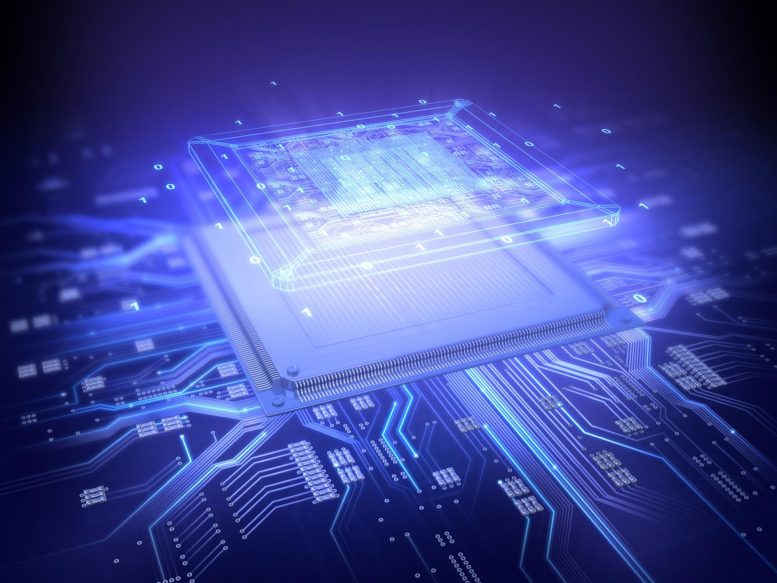
Quantum computing offers major advancements in processing speed and efficiency but faces significant challenges, including information loss. Recent research has shown that optimized classical algorithms can effectively mimic quantum computing, suggesting that improvements in classical computing may bridge the gap to quantum computing’s potential. This development underscores the complexity of achieving quantum superiority and highlights a multifaceted approach to computational advancements.
Researchers adopt innovative method to boost the speed and accuracy of traditional computing.
Quantum computing has been hailed as a technology that can outperform classical computing in both speed and memory usage, potentially opening the way to making predictions of physical phenomena not previously possible.
Many see
Classical computers suffer from neither of those two problems. Moreover, cleverly devised classical algorithms can further exploit the twin challenges of information loss and translation to mimic a quantum computer with far fewer resources than previously thought—as recently reported in a research paper in the journal PRX Quantum.
The scientists’ results show that classical computing can be reconfigured to perform faster and more accurate calculations than state-of-the-art quantum computers.
This breakthrough was achieved with an algorithm that keeps only part of the information stored in the quantum state—and just enough to be able to accurately compute the final outcome.
Bridging Classical and Quantum Computing
“This work shows that there are many potential routes to improving computations, encompassing both classical and quantum approaches,” explains Dries Sels, an assistant professor in SciTechDaily